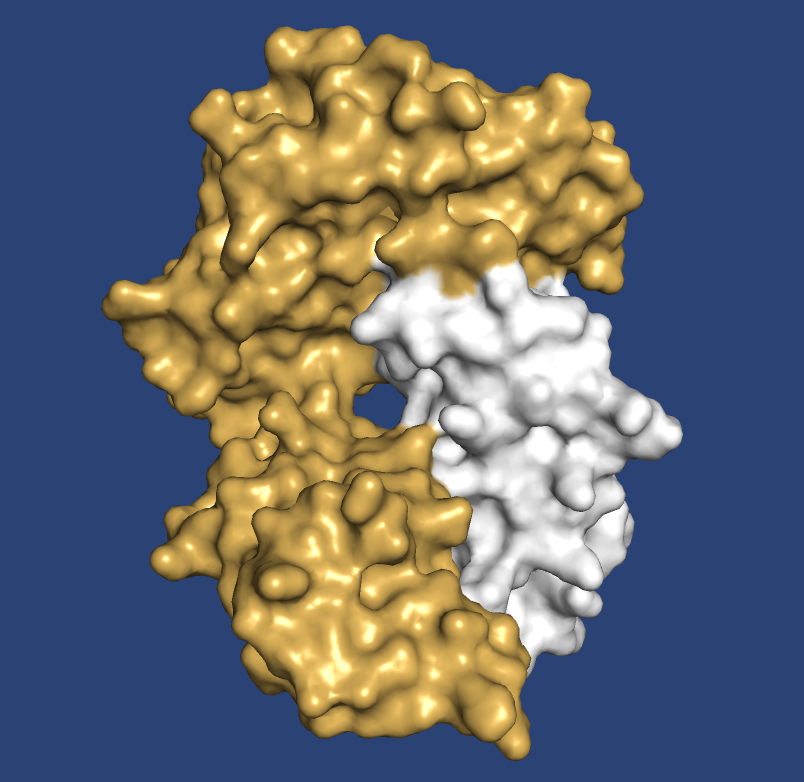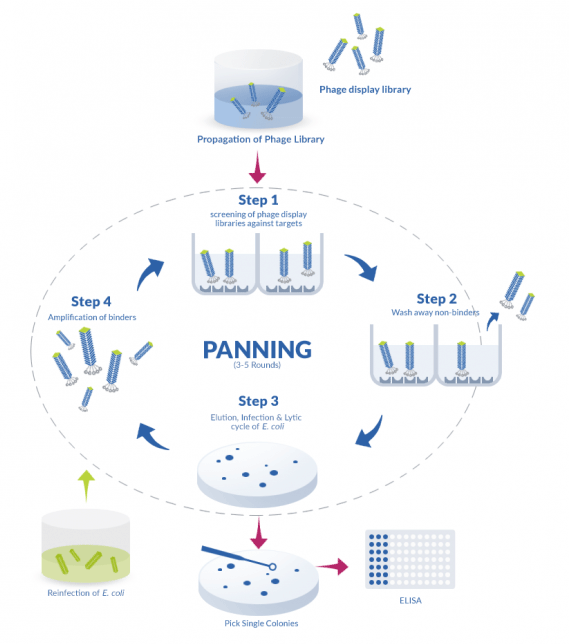Cart (0 Items)
Your cart is currently empty.
View Products
Since the 1980’s immunotherapy has revolutionized cancer treatment by harnessing the power of the immune system to attack and kill tumor cells. The first generation of immunotherapies was cytokines, followed by cancer cell-targeting monoclonal antibodies, paving the way for CAR-T cells.
While developing humanized monoclonal antibodies that elicit a cytotoxic immune response by binding to cancer cells was a powerful innovation, there was a problem. Cancer-destroying monoclonal antibodies, like Rituximab, will target all B cells, including healthy ones.
Solving this problem sparked a new immunotherapy innovation. One that could help immune cells seek and destroy cancer cells with surgical precision: TCR-like antibodies. These monoclonal antibodies mimic T cell receptors (TCRs) by binding tumor-specific peptide-HLA (pHLA) complexes on the surface of cancer cells.
However, developing TCR-like antibodies is not trivial. Such a task requires exceptional specificity due to the low density of pHLA and the structural complexity of the antigen. Here is what you need to build a successful TCR-like antibody, according to insights gained from a recent collaboration with our client.
Peptide-HLA complexes are pivotal in cancer immunotherapy as they represent an antibody-accessible target unique to cancer cells. However, developing antibodies for pMHC targets is a formidable challenge. Their small region of interest demands high specificity to avoid off-target effects, while low antigen density on cancer cells requires sensitive detection. Standard antibody solutions often fall short, lacking the precision needed for therapeutic applications.
A client approached ProteoGenix to develop TCR-like antibodies to bind a novel pHLA complex for human CAR-T therapy development. However, in naive immune systems, pHLAs as self-antigens elicit weak immune responses. Additionally, the target’s small epitope size posed a barrier to identifying viable binders. Therefore, we needed to design a custom solution, ensuring the client’s immunotherapy goals were met with precision and reliability.

To address the client’s need for a high-affinity TCR-like antibody, ProteoGenix leveraged phage display technology to generate antibodies specific to the client’s novel peptide-HLA (pHLA) complex by immunizing rabbits with the full pHLA complex to overcome tolerance issues. This immunization step enriched for high-affinity pHLA-specific B cells that were later retrieved to build a custom phage display immune library.
After the library was built, we applied a high-throughput, fully automated screening strategy, enabling the rapid identification of 36 positive hits with exceptional affinity to the pHLA target. Next, these hits were expressed using ProteoGenix’s XtenCHO™race platform and humanized for therapeutic use. The client selected three sequences for CAR-T validation, confirming their relevance.
ProteoGenix’s all-inclusive package supported the client from antigen production to TCR-like antibody development. Go/no-go checkpoints throughout the project were implemented to protect the client’s investment. These milestones allowed us to assess progress and, if results indicated a low likelihood of developing effective anti-pHLA antibodies, to pause or terminate the project to minimize risk and ensure cost-efficiency. This customized approach delivered results where standard methods faltered, advancing the client’s cancer immunotherapy goals.

Immune phage display excels for pHLA antibodies, overcoming tolerance and small epitopes with high-throughput screening, unlike other antibody production processes that produce less antibody diversity to a target, such as B-cell screening or hybridoma development.
The rationale centered on two challenges. First, pHLA complexes, as self-antigens, trigger weak responses in naive animals. Immunizing rabbits with the full pHLA enriched our immune library, boosting candidate diversity. Second, the small epitope size of pHLA demanded precision; phage display’s high-throughput screening via ELISAs pinpointed specific binders effectively. Compared to single B-cell screening (slower) or naive libraries (less diverse), our rabbit-derived library offered superior specificity and speed.
ProteoGenix’s 20+ years of expertise in custom monoclonal antibody development ensured a tailored strategy, aligning with the client’s preclinical needs. This approach overcame tolerance and epitope challenges, positioning the client for success in cancer immunotherapy.
ProteoGenix’s monoclonal antibody development process delivered exceptional results for the client’s pHLA-targeted project. Key steps included:
The outcomes were transformative. The three antibody sequences demonstrated high specificity, enabling the client to validate their CAR-T therapy in preclinical assays. These results confirmed the antibodies’ relevance for cancer immunotherapy, positioning the client for regulatory progress.
ProteoGenix’s custom antibody development service enabled our client to target peptide-HLA complexes, advancing their cancer immunotherapy goals. Using phage display technology with a rabbit-derived immune library, we delivered three high-affinity anti-pHLA antibodies for CAR-T therapy validation. Our tailored process, from pHLA antigen design to humanization, ensured precision and reliability.
With over 25 years of expertise, proprietary platforms like XtenCHO™race, and a 90%+ success rate across 2,000+ projects, ProteoGenix is a trusted partner for TCR-like antibody development. Whether targeting pHLA or other complex antigens, we support your immunotherapy vision with regulatory-grade solutions.